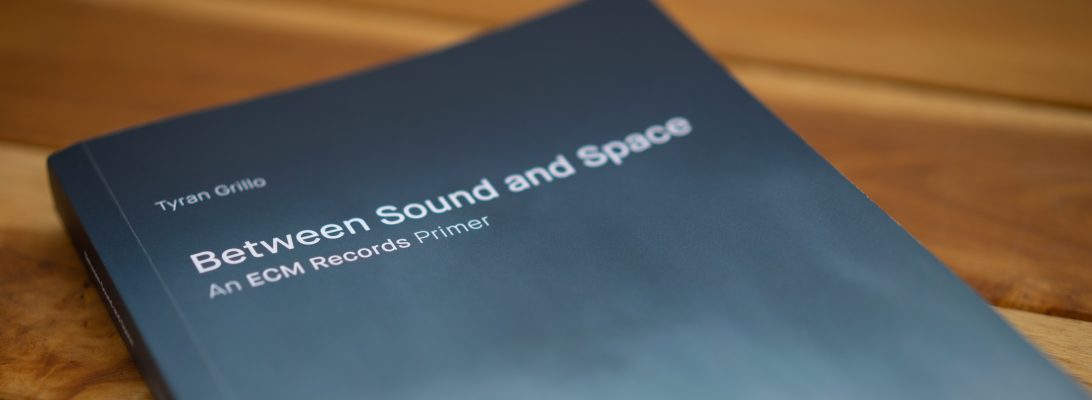Anouar Brahem
Le Voyage de Sahar
Anouar Brahem oud
François Couturier piano
Jean-Louis Matinier accordion
Recorded February 2005, Auditorio Radio Svizzera, Lugano
Engineer: Stefano Amerio
Produced by Manfred Eicher
The music of Tunisian oud virtuoso Anouar Brahem and his trio with pianist François Couturier and accordionist Jean-Louis Matinier is like a magical box of movable type in which the letters form alluring, coherent stories no matter how one arranges them. The printing press this time around may be of similar make to the preceding Le pas du chat noir, but the themes are even more narratively inflected by virtue of the trio’s evolving magnetism. The strength of Brahem’s visual imagination comes strongly to the fore whenever he sings. Although wordless, his voicings on “Les jardins de Ziryab” and “Zarabanda” fold water into sand, painting cycles of intervallic bliss. The chant-like quality of his melodizing buoys Matinier’s soaring exegeses, thus providing an aerial view of the album’s intimate topography. Further whispers abound in the album’s opener, “Sur le fleuve,” which establishes a signature sound of lilting pulse and unseverable braid. As in the gentle persuasions of the title track, Brahem’s suspended steps give his associates just the shade they need to unravel their filmstrips without fear of overexposure. Each of the oudist’s wistful solos is a message in a bottle, Couturier’s chording the foamy currents it rides, and Matinier’s cries those of the recipient standing on a distant shore.
Ensuing atmospheres range in density: from the enigmatic “L’Aube,” as fragile as a mirage, to the restless abandon of “Cordoba,” each samples a different time and space in a sepia-tinted world of streets and blurred visages. Sometimes, the directions are clearer, as in “Eté andalous,” which begins in the mountains and flows down to the mainland. Other times, the music’s robust heartbeat finds balance in meditative poses and parabolic expression. Whether running across the plains of “Nuba”—each dig into the oud’s lower register a puff of kicked-up clay—or drowning in the insomnia of “La chambre,” these are ever-thoughtful alternate realities.
Rounding out the disc are three of Brahem’s most requested tunes, freshly realized. “Vague” and “E la nave va” form a diptych (the former revived from its appearance on Khomsa). With the regularity of a train warning sign, two red eyes alternating winks in the night, it crosses hands until one body is indistinguishable from the other. “Halfaouine” (cf. Astrakan café) is a brief yet luminescent passage of cascading beauty, the swirl of grounds at the bottom of a coffee cup.
The Anouar Brahem Trio wears a skin of gold, sings with a tongue of silver, and moves in gestures invisible. And whatever it chooses to communicate, one can always be sure its language needs no translation.


